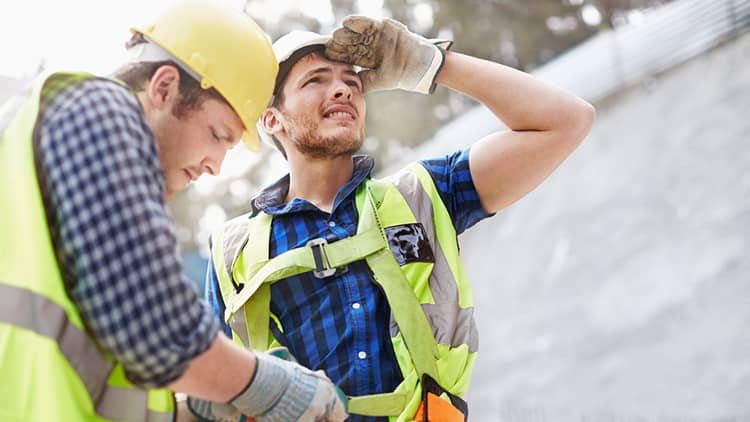| Fair Employment Practices | The Hawaii Fair Employment Practises Act, which applies to all employers, prohibits discrimination based on several protected characteristics, including race, color, national origin, ancestry, religion, gender, pregnancy, disability, genetic information, age, sexual orientation, status as a victim of domestic or sexual violence, arrest history, marital status, and decisions regarding reproductive health.
The law forbids retaliation against anybody who reports discrimination or harassment or participates in an Equal Employment Opportunity (EEO) investigation because harassment is a type of illegal discrimination. |
| Whistleblower Protections | An employee who reports, or is about to report, infractions or suspected law violations to the employer or a government agency is protected from termination and other forms of discrimination under the Whistleblowers' Protection Act. |
| Equal Pay | An equal pay clause in the Hawaii Fair Employment Practises Act forbids gender-based pay discrimination. Hawaii's wage and hour legislation prohibits discrimination in salary payment based on race, religion, or sex. |
| Criminal Checks | Hawaii forbids employment decisions based on an applicant's arrest and court history. |
| Ban the Box | Hawaii forbids employers from asking job applicants about their arrest or conviction histories. |
| Drug Testing | Employers must abide by Hawaii's substance abuse testing statute even if they are exempt from federal standards. |
| Minimum Wage | The minimum wage in Hawaii is higher than the federal government's. The state's current minimum wage is $12 per hour. |
| Overtime | According to Hawaii law, an employer must compensate covered employees for all hours worked beyond 40 in a workweek at one and a half times the standard rate. |
| Breastfeeding Breaks | For up to a year following the kid's birth, an employer in Hawaii must give employees a reasonable amount of break time each time they need to express breast milk for a nursing child.
As per Hawaii's child labor regulations, children are prohibited from working in dangerous jobs or jobs related to adult entertainment under Hawaii law. In addition, minors under 16 are not permitted to work in a range of other occupations, including agricultural, retail, and food service jobs, as well as manufacturing or processing operations. To work, minors must also get a certificate of employment or age. |
| Temporary Disability Insurance | The Hawaii Temporary Disability Insurance (TDI) Law offers eligible employees who cannot work due to a non-job-related injury or illness, including pregnancy and organ donation, up to 26 weeks of partial salary replacement. |
| Health Care Continuation | The employer must maintain health insurance coverage for employees hospitalized or unable to work due to illness for three months after the month the disability started or for as long as the employee is paid regular wages, whichever is longer. |
| Payment of Wages | Employees must be paid by their employers in cash or with cheques that can be cashed at face value when needed. Payroll debit cards or direct deposit may sometimes be used to pay wages. |
| Pay Frequency | Hawaii law states all employee wages must be paid at least bimonthly on predetermined paydays. Paychecks per month are acceptable in certain situations. |
| Wage Deductions | Under Hawaii law, no deductions from an employee's salary are permitted unless they are mandated by court order for union dues or uniforms or have the employee's written consent. |
| Family and Medical Leave | According to the Hawaii Family Leave Law (HFLL), firms with 100 or more workers must offer qualified workers up to four weeks of job-protected leave annually for legitimate reasons.
A Hawaii employer must abide by additional leave and time off rules in addition to the HFLL, including those governing pregnant disability leave, organ, bone marrow, and stem cell donation leave, domestic violence and sexual assault leave, jury duty leave, witness leave, and military leave. |
| Smoke-Free Workplace | All enclosed workplaces and 20 feet around doors, open windows, and ventilation intakes are no-smoking zones, including e-cigarettes. |
| Safe Driving Practices | Driving while texting is forbidden in Hawaii. |
| Final Pay | In general, an employee who is fired must get paid for all earnings earned at the time of termination. An employee who voluntarily leaves their position is fired or is placed on leave due to a labor dispute typically needs to be paid by the following regular paycheck. |









